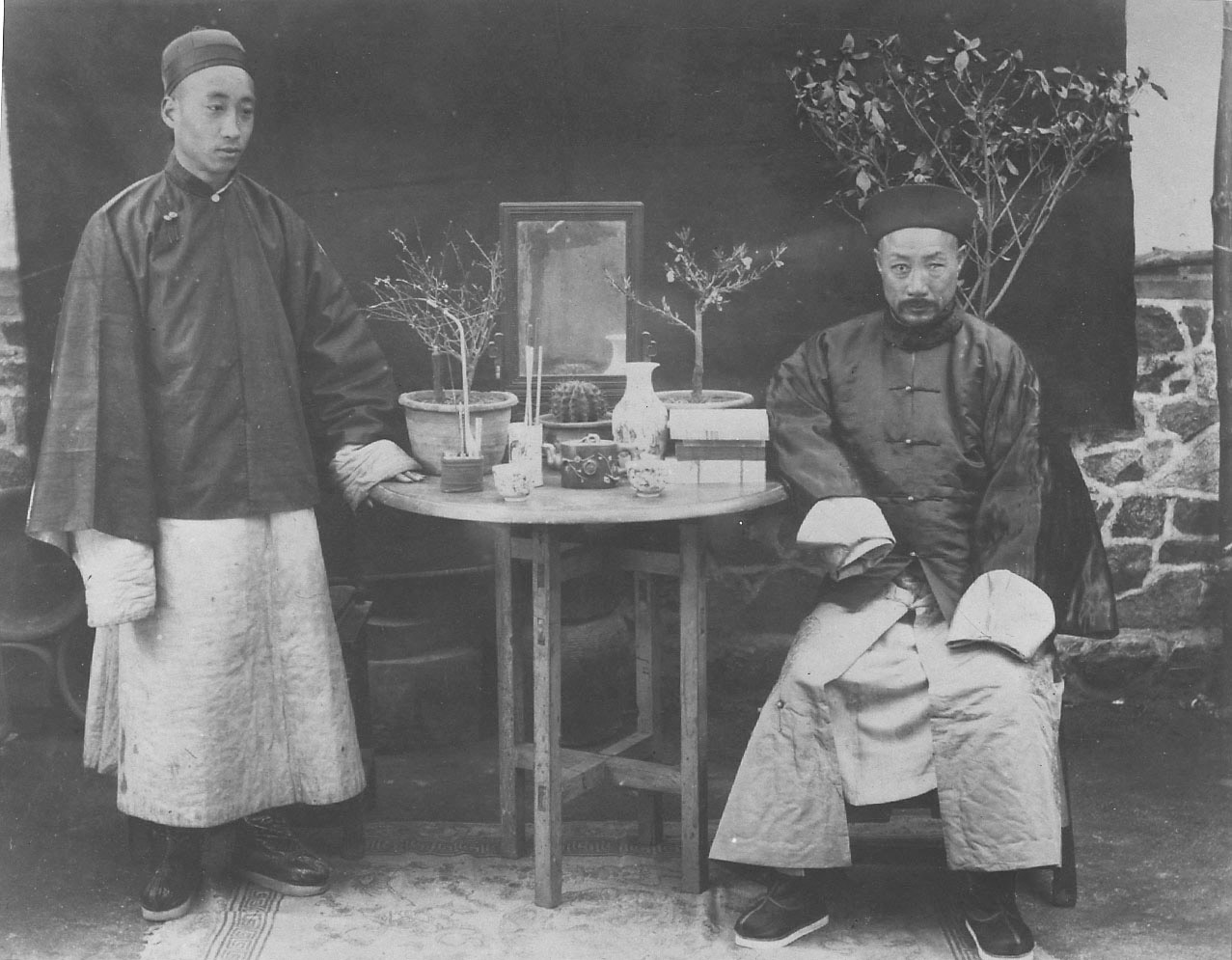Even over a century after her death, the name of Charlotte “Lottie” Digges Moon stands as perhaps the most recognizable Southern Baptist in history.

Born on December 12, 1840, Moon was baptized upon her profession of Christian faith in December of 1858, and she served as a Southern Baptist missionary to China between 1873 and her death on December 24, 1912. Any consistent attender of a Southern Baptist church will likely associate her name with the annual Christmas offering for the International Mission Board, which began in 1888 but was rechristened to honor Moon following her death.
Moon also holds a special connection to Southern Seminary. It was John A. Broadus who led the revival in Virginia under which Moon experienced Christian conversion and baptism after years of resisting the gospel. For some years afterward, she maintained close ties and correspondence with SBTS professor Crawford Toy, who was himself considering foreign missionary work and was an eligible bachelor. Toy gradually shifted toward liberal theology, and he and Moon never progressed further in their relationship. In the first half of the 20th century, Southern Seminary served as the campus for the Woman’s Missionary Union Training School, and many items associated with Lottie Moon came under the seminary’s stewardship.
During her lifetime, Moon maintained a strong direct influence upon Baptist perceptions of foreign mission work through her contributions published in the SBC’s Foreign Mission Journal. In various columns, she updated Baptists on the challenges of the Baptist China mission, particularly emphasizing the spiritual battles. On the spiritual climate from Tung Chow, she wrote:
“The Chinese fully believe in demoniacal possession. They also speak of persons as ‘possessed of the fox,’ or ‘possessed of the weasel.’ Witches worship the spirit of the fox, and are supposed to have its help in injuring others. These witches also have the reputation of being able to cure diseases.”1
Burial customs were an evident effect of the power that spiritual beliefs held over the people of China. While visiting a friendly acquaintance at home, Moon encountered a coffin containing the body of the hostess’s deceased mother-in-law in the center of the kitchen. The family delayed burial until they could raise enough money to pay a fortune-teller to select a lucky burial place, a priest to perform funeral rites, and musicians to participate in the ceremony.2 Moon also explained the burial ritual of leaving a hole in the grave because of the popular belief that persons possess three souls, one which remains interred with the body while the other two transverse to temples and ancestral tablets.3Though the custom had apparently fallen out of favor by the time of Moon’s arrival in China, she heard stories of a time when persons 60 years of age were entombed with a little food and left to die.4
Despite the prevailing influence of pagan superstitions, Moon had the highest praise for the common people of China, noting, “the Chinese are a kind-hearted, friendly race when once you know them and come to live among them in a familiar way. They are disposed to be neighborly, and are kind in sickness.”5 She spoke frankly about the spiritual hunger of the country, recalling that during a lesson one woman interrupted with the question “If we don’t worship the idols, what must we worship?” To Moon’s delight, another girl answered “Worship the True God. Worship Jesus.”6
Moon expected that membership in a Christian church should necessitate the abandonment of certain Chinese cultural traditions. Particularly notable among them was the practice of polygamy, which she called a “horrible system.”7 While at Pingtu in 1886, Moon visited a polygamous household in which the husband had cast off his first wife and replaced her prominence in the home with another woman, simply because all their male children had died. For Moon, repentance from polygamy and its cruel injustices against displaced Chinese wives was a matter essential to proving the sincerity of spiritual conversion and admission into Christian fellowship.8
Despite all the challenges, Moon remained steadfast in her mission and urgently pleaded for continued Southern Baptist participation and support for the work in China:
“No heart that has truly caught the Master’s spirit can look out on the vast multitudes of heathen and fail to be moved with a like piety. . . . How are these people to be saved without the gospel? . . . The majority of the natives look upon [the itinerant missionary] as a ‘devil’ to be hated . . . There are family influences, there are superstitions of ages, there is obloquy and hatred. The newly awakened man needs the moral support of the missionary’s presence. Is it a wonder that many give up in despair, thinking it is no use to try, and that they can’t walk this hard path alone? Suppose there are converts; they need to be taught how to live the Christian life. They need before them actual examples of holy Christian living.”9
More resources on Lottie Moon can be found in the Archives and Special Collections at the James P. Boyce Centennial Library. A transcribed collection of Moon’s correspondence and articles can be found in Send the Light: Lottie Moon’s Letters and Other Writings, ed. Keith Harper (Mercer University Press, 2002).
FOOTNOTES
1Send the Light: Lottie Moon’s Letters and Other Writings, ed. Keith Harper (Mercer University Press, 2002), 203.
2 Ibid., 204.
3 Ibid., 202.
4 Ibid., 207.
5 Ibid., 205.
6 Ibid., 207.
7 Ibid., 212.
8 Ibid., 213.
9 Ibid., 227.




